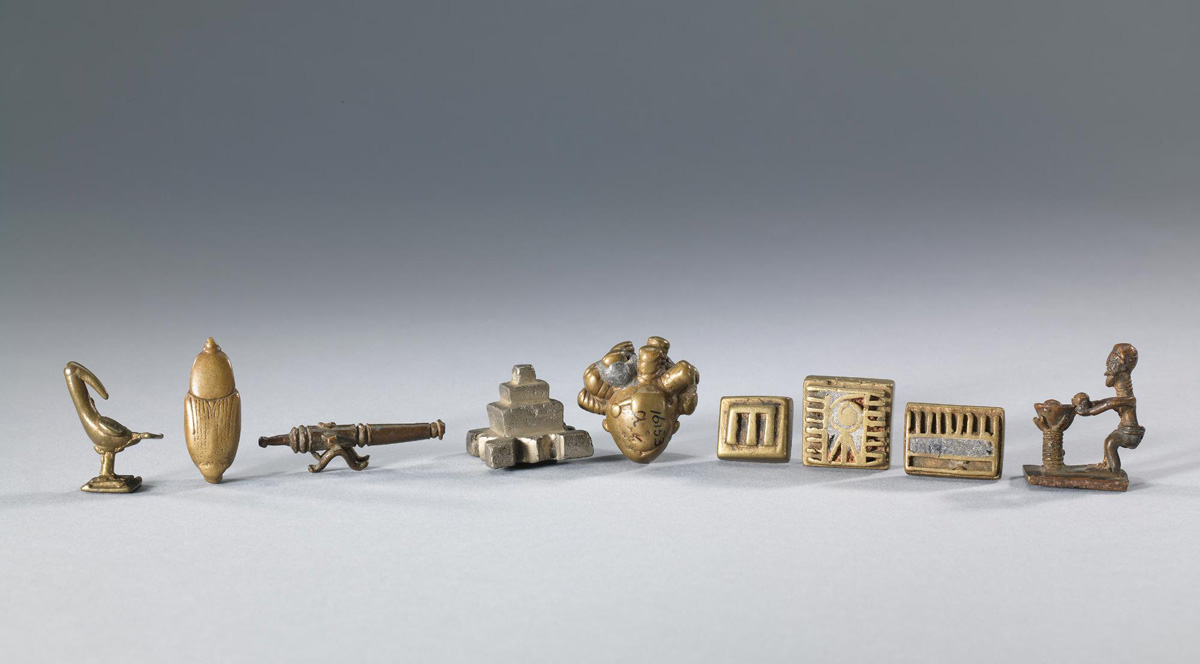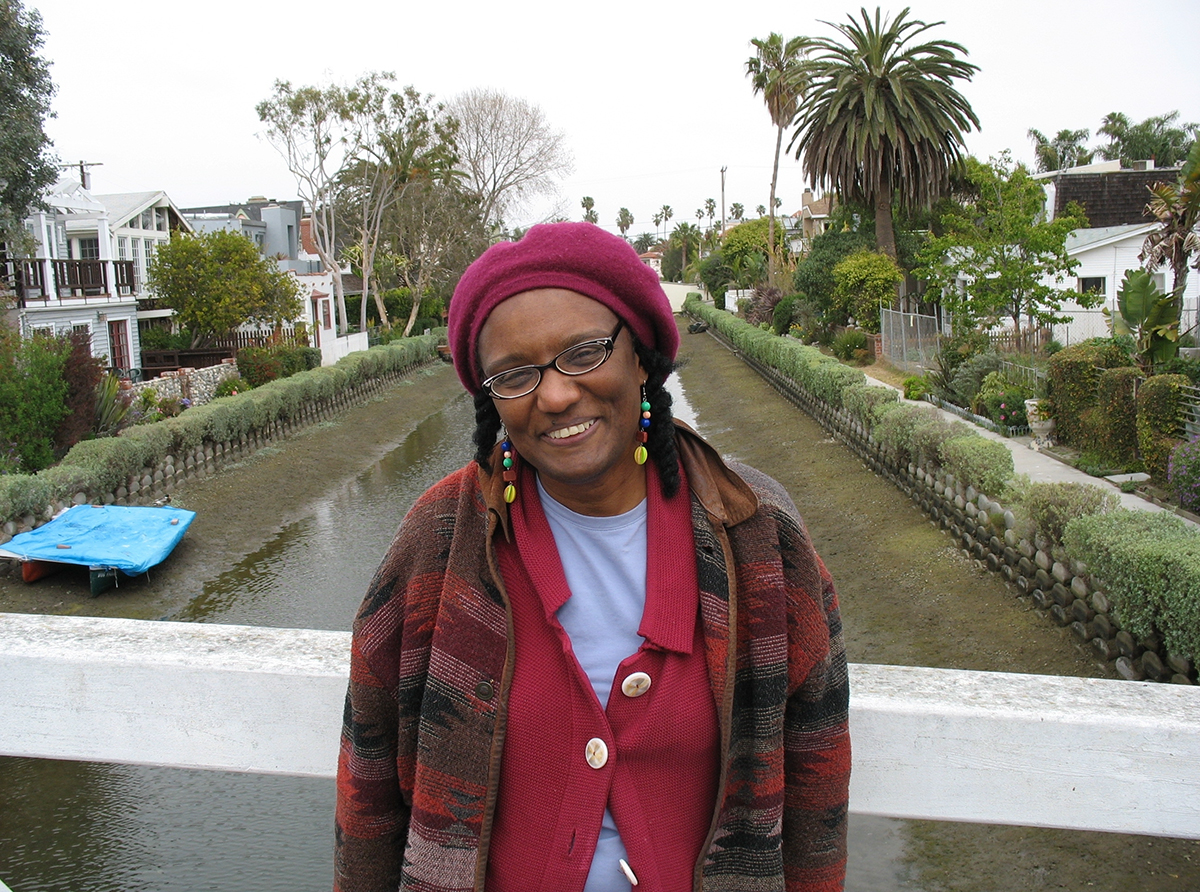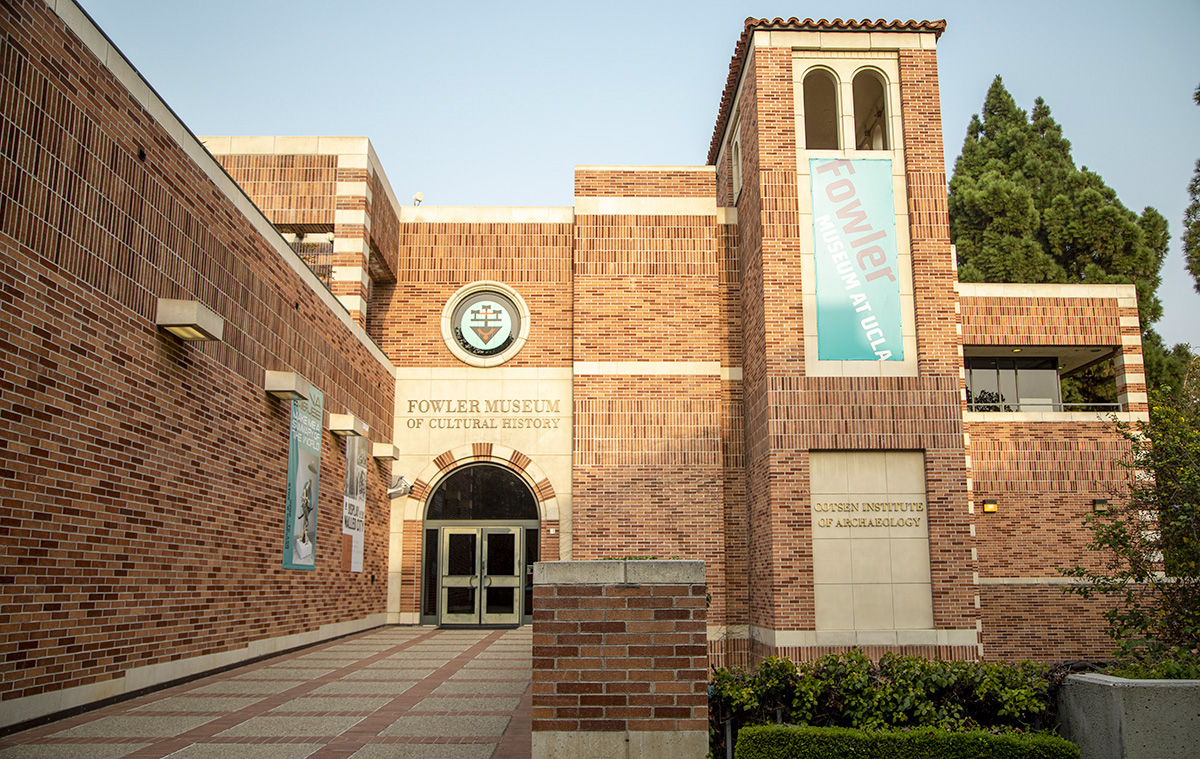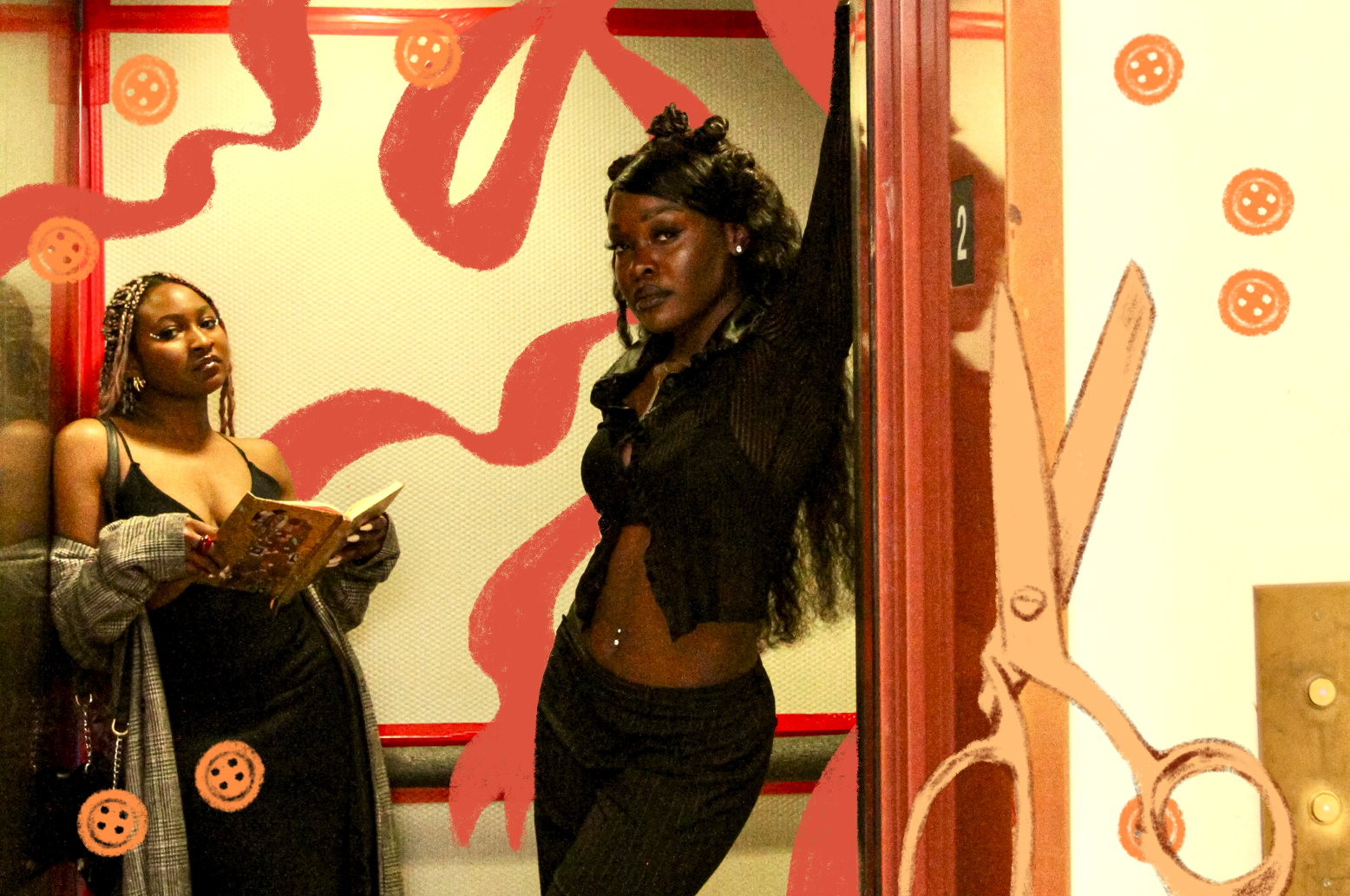Q&A: Nyambo Anuluoha talks upholding Yoruba traditions ahead of Fowler event
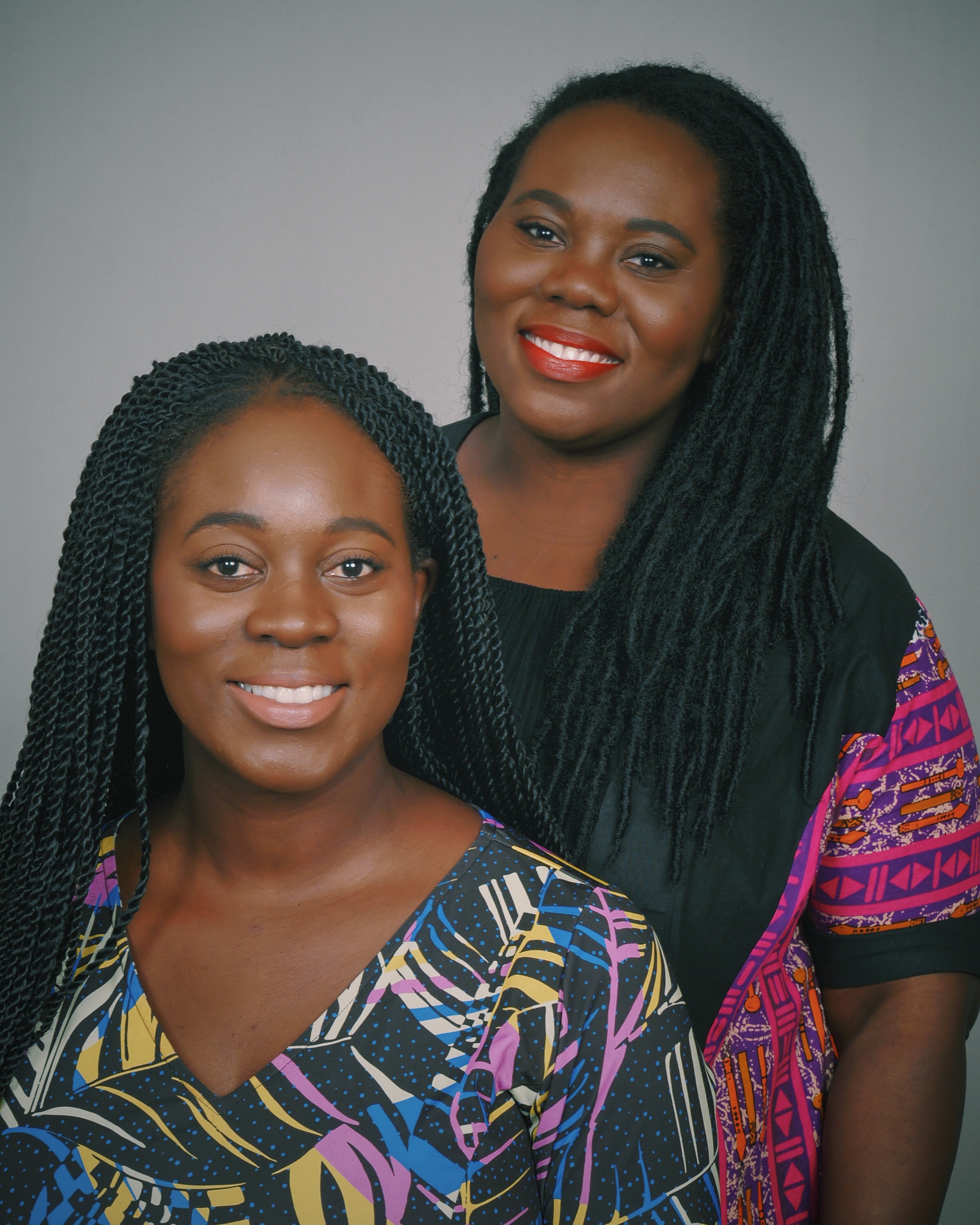
Nyambo Anuluoha (left) and Kay Anuluoha (right) are pictured. The sisters are co-CEOs of KUTULA by Africana. (Courtesy of Nyambo Anuluoha)

By Sanjana Chadive
Nov. 2, 2023 11:57 a.m.
This post was updated Nov. 2 at 7:41 p.m.
Nyambo Anuluoha is enthroning Yoruba traditions.
The co-owner of KUTULA by Africana, the oldest African-print clothing store in Los Angeles, will be speaking about the cultural significance of crowns and other headpieces at the Fowler Museum on Friday. Following the lecture, Anuluoha will teach a head wrapping workshop that attendees can participate in.
Anuluoha spoke with the Daily Bruin’s Sanjana Chadive about upholding her family legacy and the creative process behind some of KUTULA’s designs.
[Related: FAST 2023: ‘Haus of Utopia’ materializes Afrofuturism in aesthetic, modern collection]
This interview has been edited for length and clarity.
Daily Bruin: Previously known as Africana Imports, KUTULA by Africana was founded by your mother. What does it mean to carry her legacy?
Nyambo Anuluoha: My mother started the business in 1971. Throughout the years, my sister Kay and myself were part of the business in that we were apprentices helping out and learning about all the different fabrics and textures and the intricacies of design. We were thrilled and really awed by the work that was done by KUTULA by Africana, but it wasn’t until both of us took a trip to Africa that it was cemented that we should take over the brand. Seeing the fashion in Africa was just so vibrant and beautiful. We had the idea that it would be great to take over the brand, and my mother retired at that time in 2015.
Being able to step into generational wealth, after seeing my mother run the business since 1971, was really an honor to manage the brand and work with the community. We have a huge respect for the work that she did. This is before the onslaught of online marketing and social media. It’s now our pleasure to do the same type of work our mother did through the channels of social media.
We absorbed a lot of the same clients that she had, and now we are seeing the next generation of families. Not only are we dressing children and infants, we are dressing grandmothers, great grandmothers and grandfathers. That’s such a privilege and honor as a minority-led female business. This is what my mother did for years, and we hope to continue the brand for decades to come.
DB: KUTULA by Africana designed the crowns and headpieces for abolitionist Patrisse Cullors’ costume in her installation “Free Us,” which is a part of the Fowler exhibit “The House was Too Small: Yoruba Sacred Arts from Africa and Beyond.” What was the creative process behind these pieces?
NA: On this particular installation, we knew her vision and had discussions over the course of a few months as to how she wanted to bring the goddesses to life. We definitely wanted to display original fabrics that were reflective of the Yoruba faith and tradition. We used authentic cowrie shells, and the process really took a few months to just execute the type of fabrics that were used, the type of metal work or tapestries that were selected.
Between Patrisse and the team at KUTULA, we had the joy of being able to execute her vision in using gems and authentic African fabrics and a host of other opulent fabrics. Ultimately, we hope that the exhibit will show a reflection of the light that shows through her work and also give healing to those that are practicing or hope to practice the Yoruba traditions of the deities that we highlighted.
[Related: Q&A: Marissa Pérez discusses artistic background, evolution of styling]
DB: What do you hope attendees will take away from Friday’s workshop?
NA: My hope is that UCLA students and individuals from the community will come and be amazed by the work the Fowler has put together – not only in our pieces or the headwraps, but all the other different authentic African pieces that they have uncovered. We also hope to encourage individuals to look further into the culture and hopefully travel. That will be my goal for students – to really take a journey through art and through fashion and learn about how these deities may be reflected in common marketing campaigns we may or may not know about.
I feel that throughout the African diaspora, you have seen some of these goddesses reflected but maybe didn’t understand how or where the origins of the depictions came from. We hope to be able to shed light and expose the Yoruba faith and the traditions to everyone who comes through the Fowler, and we’re thankful for the opportunity to be an artistic expression for the exhibit.



